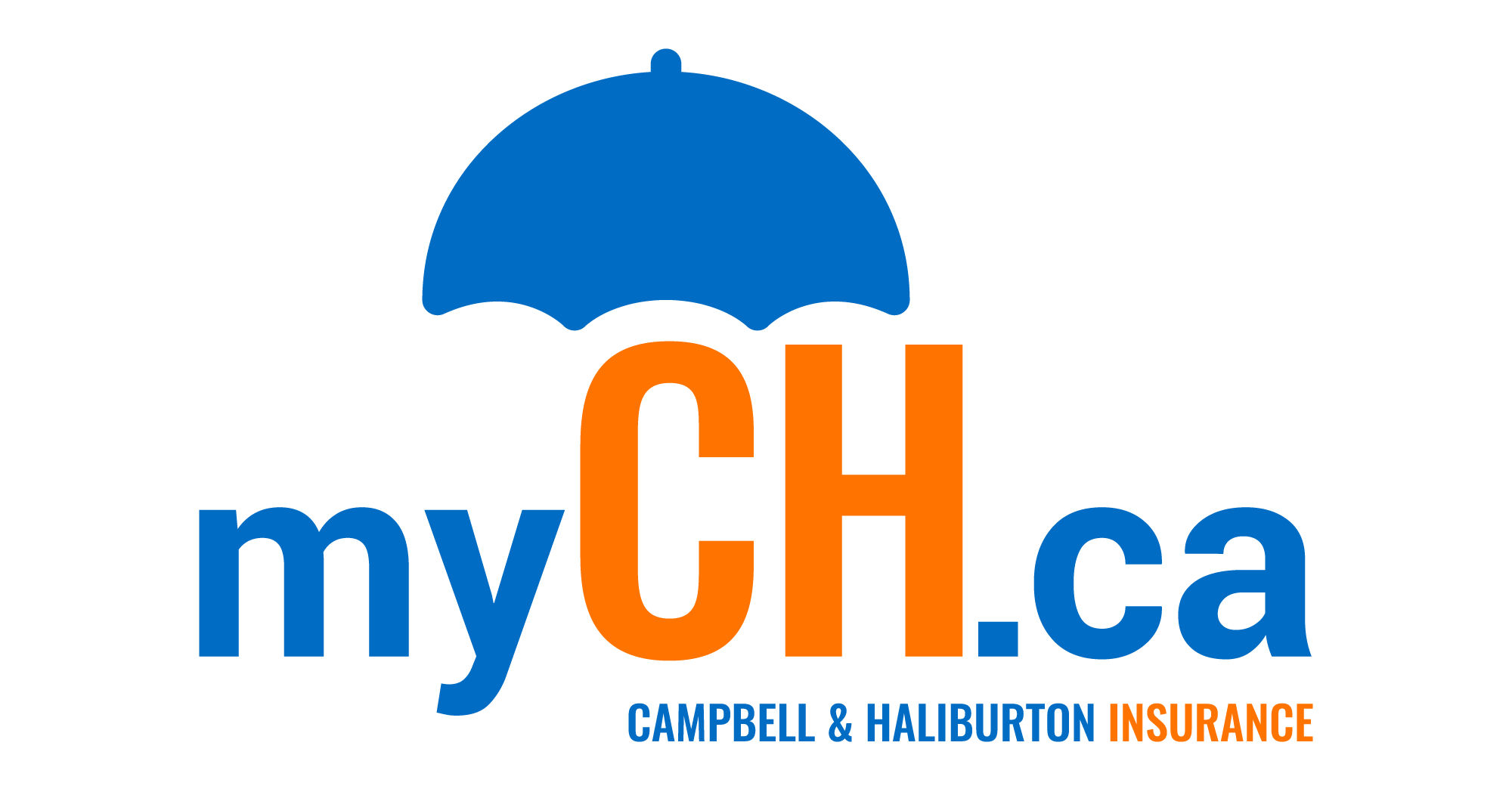In this article, Campbell & Haliburton Insurance’s own, Blaine Petrie, explores wild fires and your coverage. Blaine first explains some necessary safety tips when it comes to wild fires, as well as what you should do for insurance purposes. Most importantly, make sure to have insurance!
Wild Fires and Your Coverage
Every year there seems to be another major disaster. We see them happen, almost every other month it seems. While any disastrous event is terrifying, my opinion is that there is almost nothing that is worse than a fire. What’s even worse than a fire? Well, a wildfire or forest fire.
Forest Fires and Wild Fires
Being in Regina, we are typically far removed from these events. However, we still see clouds of smoke annually, which make it hard for even a Saskatchewanian. Further, I couldn’t imagine being closer to these blazes. Therefore, the devastation cannot be matched, and is hard to truly quantify. Since 2010 there has been around $15 billion in damage in Western Canada from wild fires alone. That is a staggering number, made even more staggering by the knowledge that nearly $10 billion of that was from one event. Unfortunately, this was the Fort McMurray wildfire of 2016.
At the time of writing this, there are twenty-two active wildfires in the province of Saskatchewan. Five of which are either not contained, as many are focused solely on protecting what property can be saved.
How Do I Make Sure I Am Covered?
Here is what you need to know for wild fires and your coverage:
1. Make Sure You Have Home Insurance
There is a reason lawyers refer to home insurance as fire insurance. If you look into the wording booklet of your home insurance policy, the first covered cause of loss is fire. In the event of any loss, it’s crucial to ensure your property is adequately insured. Whether owner-occupied, tenant-occupied, or vacant, comprehensive coverage guarantees protection against fire.
2. Mass Evacuation
If you are forced to leave your home, your insurance likely carries a rider to cover you for a specified amount of time. This means that you are covered for the increased costs of living while you are forced away. Insurance brokers call this “Mass Evacuation.” While this situation is not ideal, keep all receipts for everything you needed to live your life. This is anything from hotel stays, food bills, travel costs, etc. Finally, submit them to your insurer after you return to your home.
3. Smoke Damage
Fire is not the only thing that can cause damage to your home. Smoke can cause irreparable damage to your home even if the fire was not close enough to cause damage. For best coverage, ensure you have comprehensive perils covered for smoke.
4. Be Careful When You Arrive Home
When you do get to go home, arrange with your insurer to have a disaster restoration contractor come out. Further, depending how long you have been away, do not open any cold storage appliances! In many cases, the power will have been cut to the area, and the combination of high heat, confined space, humidity, and time, do not make for a good outcome to your fridge and freezer. Your insurer will advise you what to do, but in many cases will advise to duct tape these appliances shut and move them to the roadside for collection.
5. The Most Important Part
Coverage cannot be purchased while there is risk of a fire in the vicinity. Purchasing insurance before there is an issue is the only way to ensure your home is covered if something happens.
Just because we live on the prairies does not mean that we are not at risk. We may in fact be less at risk, however, if the fires that destroyed homes at Saskatchewan Beach in May 2018 are of any barometer, fires can spread fast, and take over your property before you know it.
If something were to happen, it is best to be prepared. Please check out the provincial government’s guide on wild fires in their Public Health and Safety section for more information!

Sincerely,
Blaine Petrie

